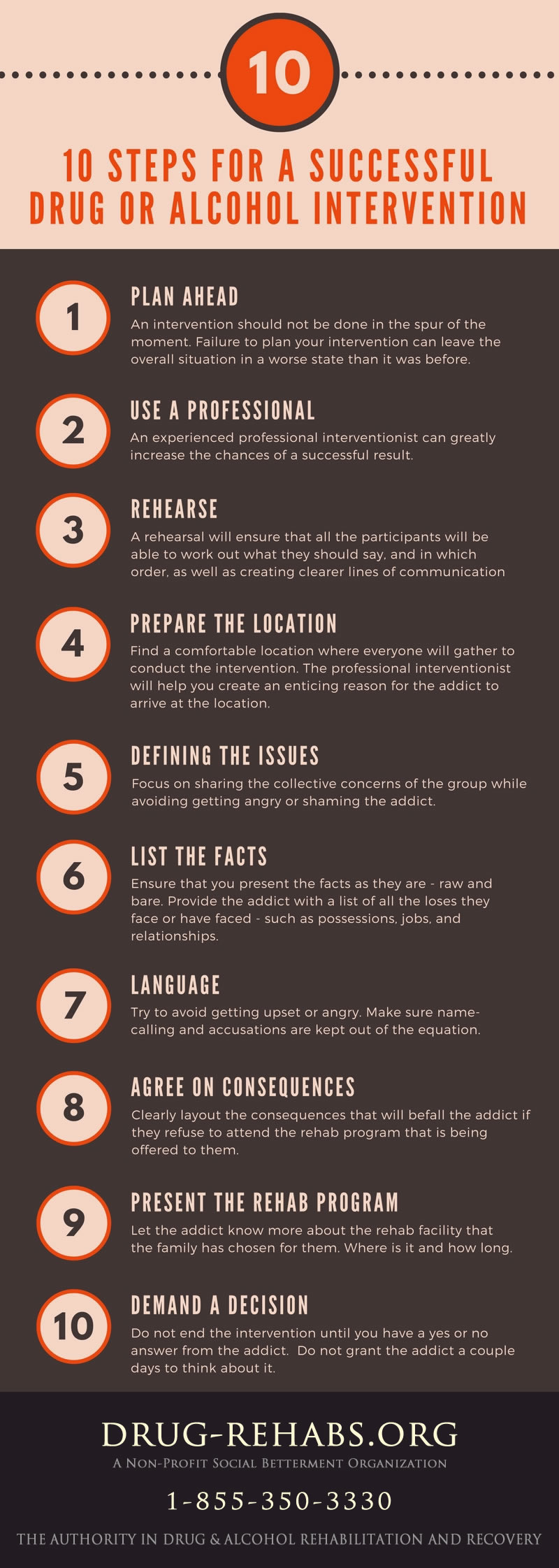This Article Assistance You To Understand The Inpatient Treatment Alternatives

Content by-Lauridsen Ryan
Inpatient therapy is often the best choice when you or an enjoyed one requires intense like recuperate from a mental health and wellness concern. However many people do not understand what to expect, or how to get aid.
Inpatient programs typically give a mix of specific as well as group treatment, medically monitored detox (if necessary), and household therapy solutions. The size of a keep varies.
Clinically Assisted Detox
Detoxing, or the process of removing drugs and alcohol from the body, is usually the initial step in recovery. A detox facility is a secure atmosphere where wellness specialists make use of medications as well as other techniques to assist manage withdrawal symptoms, convenience physical dependancy on the medicine and avoid addiction regression.
A clinically helped detoxification (MAD) program uses FDA-approved medication, together with counseling and also behavior modification, to treat opioid or alcohol abuse. These drugs are utilized to relieve the physical symptoms of withdrawal, lower desires as well as assist the person concentrate on therapy.
The initial stage of detox is an examination, where the doctor will take a thorough medical history, examine a person's clinical problem and also test for any other co-occurring mental wellness problems or various other clinical conditions that may affect their recovery.
The following stage of detox is stablizing, where the doctor makes sure the patient is stable and also prepared for additional therapy. This consists of assessing for adequate biopsychosocial stability as well as assisting in linkage to proper inpatient or outpatient solutions.
Intensive Outpatient Therapy
Intensive Outpatient Treatment (IOT) is an effective treatment option for individuals with milder compound usage disorders and also co-occurring psychological health problems. It is made to develop assistance systems and help clients develop dealing strategies.
see page can additionally be a reliable method to step down from a higher level of treatment, such as inpatient severe care or residential therapy.
The right level of inpatient treatment depends upon the person's needs, including their intensity and also dedication to healing. Inpatient treatment provides a structured atmosphere where clients can concentrate on their recuperation without distractions from outside influences.
Inpatient therapies may need a full-time commitment, approximately several months. This kind of therapy can be turbulent and difficult for some individuals to approve. Therefore, many inpatient programs limit contact with family and friends during the very first couple of days or weeks of therapy. It is necessary to show empathy and understanding during this duration, as it can result in feelings of animosity or rage.
Partial Hospitalization
Partial Hospitalization is an inpatient treatment option that is ideal for people who have actually been detected with a psychological wellness disorder. It offers thorough mental health services, including team and also individual treatment, medicine management and also more, while allowing the person to return house in the evening.
The best part is that it is frequently cheaper than typical inpatient treatment alternatives. Many medical insurance suppliers will certainly cover component or all of the expenses of this type of care.
Contrasted to residential programs, the client's everyday timetable is not disrupted and also she or he can stay at house to tend to family members obligations while getting therapy.
This type of treatment is ideal for people with co-occurring mental wellness disorders. It also works well for those that are incapable to dedicate to a full inpatient program.
Continuing Care
Continuing care, also referred to as aftercare, is an important part of any therapy program. Males and female who have efficiently completed an extensive outpatient program or residential dependency therapy obtain follow-up support to maintain them sober.
Adding proceeding like any type of dependency treatment can enhance the patient's opportunities of staying sober for a year or even more. Without this type of treatment, an individual can regression as well as go back to using drugs or alcohol after they look into of a program.
A number of studies have actually analyzed means to increase engagement in continuing care. These include contracts, motivates (e.g., letters and also call from specialists), and affordable social supports. One of the most successful techniques were the ones that motivated individuals to make a dedication to taking part in proceeding treatment. In addition, connection of care methods that emphasized sychronisation of care and also linking the person to resources during outpatient therapy forecasted longer participation in continuing treatment.

